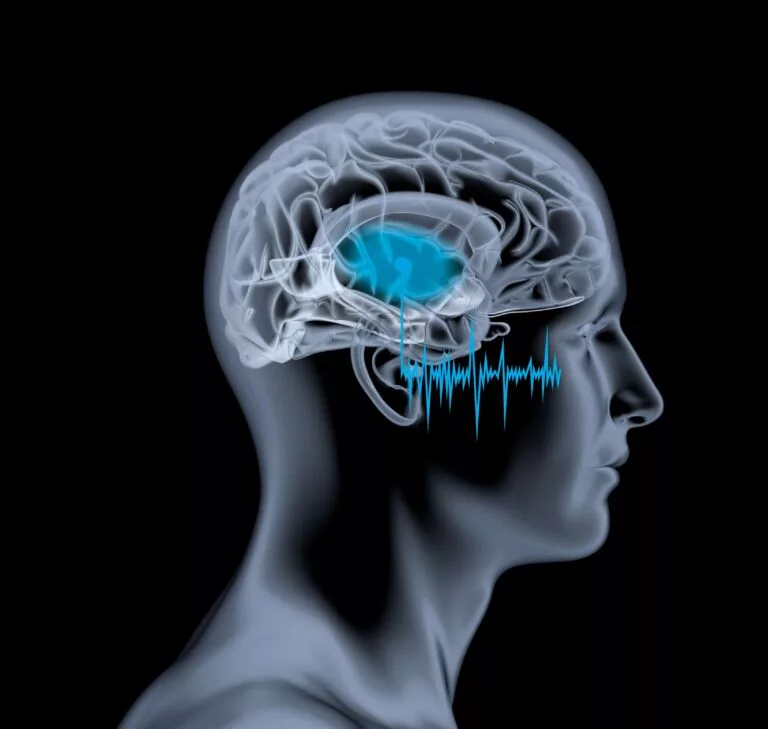- Home
- About Us
- Who We Are
- Our Team
- Why Choose An Audiologist
- Professional Associations
- Giving Back
- Testimonials
- Hearing FAQs
- Services
- Hearing Evaluations
- Hearing Aid Fittings
- Hearing Aid Repair
- Custom Ear Molds & Ear Plugs
- Pediatrics
- Assistive Listening Devices
- Hearing Aid Styles
- Smart Hearing Aids
- Oticon
- ReSound
- Phonak
- Widex
- Starkey
- Unitron
- Signia
- Bone Anchored Hearing Aid (BAHA)
- Hearing Loss and Brain Health
- Patient Resources
- How The Ear Works
- Types of Hearing Loss
- Tinnitus
- Patient Forms
- Insurance and Financing
- Online Hearing Test
- Blog
- Review Us
- Rancho Cucamonga
- Fontana
- Chino
- Arcadia
- Contact Us
About Us
Services
Hearing Aids
Patient Resources
Review Us

Tinnitus is commonly described as a ringing in the ears, but it also can sound like roaring, clicking, hissing, or buzzing. It may be soft or loud, high pitched or low pitched, and you might hear it in either one or both ears. It’s estimated that over 20 million Americans experience tinnitus, and unfortunately, many of these sufferers don’t realize that relief is possible.
What is Tinnitus?
Tinnitus (pronounced tin-NY-tus or TIN-utus) is not a disease. It is a symptom that something is wrong in either the ear, the auditory nerve that connects the inner ear to the brain, and/or the parts of the brain that process sound.
What Causes Tinnitus?
The cause of tinnitus is still relatively unknown. Some think that tinnitus is similar to chronic pain syndrome, in which the pain persists even after a wound or broken bone has healed. Tinnitus could be the result of the brain’s neural circuits trying to adapt to the loss of sensory hair cells by turning up the sensitivity to sound, explaining why some people with tinnitus are overly sensitive to loud noise.
- Noise-induced hearing loss (NIHL)
- Ear and sinus infections
- Medication side-effects
- Allergies
- Neck or jaw issues
- Diseases of the heart or blood vessels
- Meniere’s disease
- Brain tumors
- Hormonal changes in women
- Thyroid abnormalities
How is Tinnitus Treated?
Tinnitus does not have a cure yet, but there are treatments that help many people cope better with the condition. A combination of the solutions below may be recommended depending on the severity of your tinnitus and how your life is affected by it:
- Hearing aids often are helpful for people who have hearing loss along with tinnitus. They allow the person to focus on hearing other sounds rather than their tinnitus.
- Counseling can help you learn how to live with your tinnitus by providing you with tools and education.
- Wearable sound generators/maskers are small electronic devices that look like hearing aids that present pleasant sounds to the patient.
- Tabletop sound generators are used as an aid for relaxation or sleep.
- They can play sounds that are relaxing to you such as waves, rain, or white noise.
- Acoustic neural stimulation is a relatively new technique for people whose tinnitus is very annoying. It uses a palm-sized device and headphones to deliver a signal embedded in music. The treatment helps stimulate changes in the neural circuits in the brain, which eventually desensitize you to the tinnitus sounds.
- Cochlear implants are sometimes used in people who have tinnitus along with severe hearing loss. A cochlear implant bypasses the damaged part of the inner ear and sends electrical signals that directly stimulate the auditory nerve. The device brings in outside sounds that help mask tinnitus and stimulate change in the neural circuits.
- Antidepressants and antianxiety drugs might be prescribed by your doctor to improve your mood and help you sleep. Other medications may be available at drugstores and on the internet as an alternative remedy for tinnitus, but nothing has been proven effective in clinical trials.
Everyone experiences tinnitus differently and proper evaluation is necessary for effective treatment. At Hearing Science, we’re experienced in providing individualized solutions on a case-by-case basis. We’re happy to walk you through your options based on your unique experience of tinnitus and its effect on your life.
Contact us today to find the relief you’ve been waiting for.

